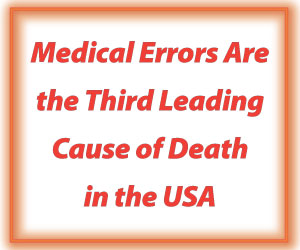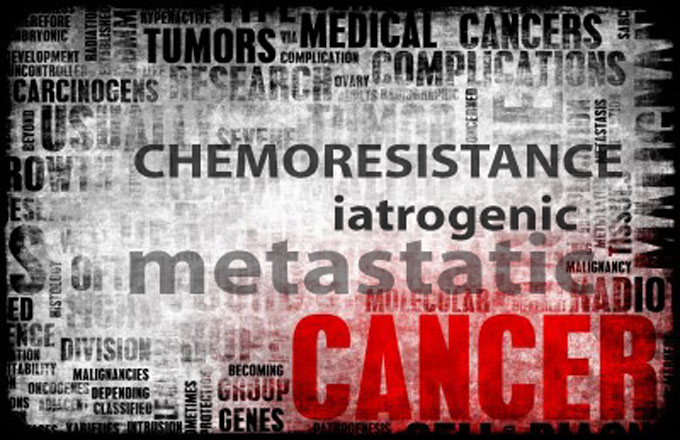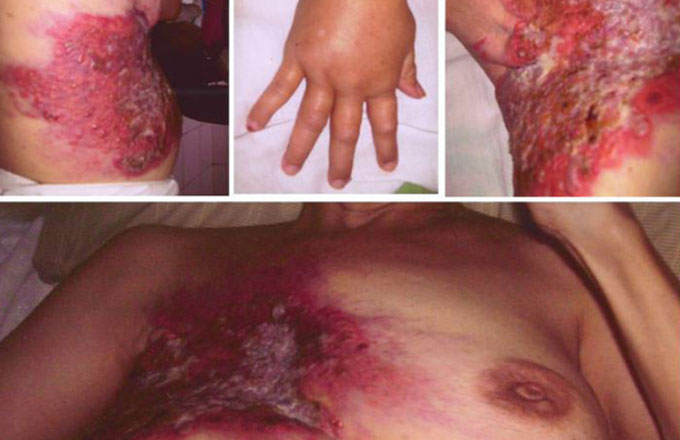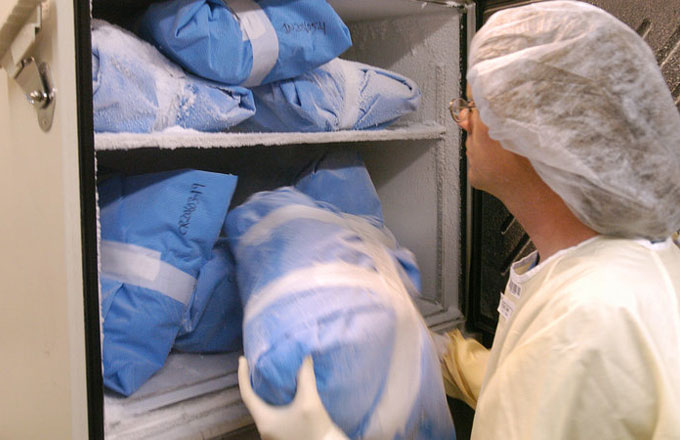Twenty-four year-old Aaron Nowiski died alone, on his bed next to two bags of heroin.
The Army veteran, who served two tours in Iraq, had secretly been using the powerfully addictive drug, even fooling his family into the understanding that he had quit, before it claimed his life in 2011.
"I only found out because he had been arrested for drug paraphernalia," said his mother, Terry Nowiski. "He was able to hide that part of his life from us. I know he was ashamed."
While heroin overdoses and deaths continue to rise in Fayetteville and across the country, there is little evidence to suggest that veterans in this city are becoming addicted to the drug at a higher rate than civilians.
But the risk is there.
Studies show that soldiers and veterans use opioid painkillers -- essentially the chemical equivalent of heroin -- far more frequently than civilians because their military training and combat lead to far more injuries.
A report by the American Public Health Association in 2011 found that the fatal overdose rate among VA patients is nearly double the national average.
Other studies show that people who are prescribed opioid painkillers are 40 times more likely to become addicted to heroin.
That's what happened to Aaron Nowiski. His mother said he got hooked on painkillers after a doctor prescribed him Percocet following Lasik eye surgery.
At some point, she said, he switched to heroin, overdosed and died.
Christopher "Aaron" Nowiski had been living in Wilmington for about 11 months, only occasionally traveling home to Linden to see his family.
Because of the separation, his parents said they had no idea their son was abusing the drug.
When Nowiski was arrested for possessing drug paraphernalia, he drove home to halfheartedly tell his parents about his problem. He assured them it was under control.
Terry said her son, an identical twin and veteran of the 82nd Airborne Division, had returned depressed from his first deployment in 2006.
He had been in Iraq for 15 months, she said.
"He got so depressed I thought he might come home in a body bag," she said. "He promised me he'd see someone when he got home."
When he returned from deployment, Terry Nowiski said, her son was diagnosed with post-traumatic stress disorder. He was relieved with that diagnosis because he was able to grasp what was wrong and form a game plan to control it, she said.
Military.com Network
During his second deployment in 2009, she said, he again fell into depression, which was noted in his medical records.
He returned from that deployment in July 2010.
Nowiski left the Army in October 2010. That's when he moved to Wilmington to attend Cape Fear Community College on the GI Bill, Terry Nowiski said.
"He expected to put his military life behind him," she said. "He was excited to start his civilian life."
During the nine months he lived in Wilmington, Nowiski tried to kick heroin for good several times, his mother said he had told her. He'd even thought about going to a methadone clinic, she said.
Most of his time in Wilmington, Terry Nowiski said, she and her husband were unaware their son was abusing heroin.
"His physical appearance wasn't different," she said. "You wouldn't be able to tell he was using. He seemed like the old Aaron."
Her best guess was that her son relied on the drug to give him a sense of calm. It helped him sleep, she said.
"Aaron didn't use drugs in the party scene," Terry Nowiski said. "I think he was using it as a sleep aid. There were reasons to justify his sleep problems -- he was adjusting to a different time zone. He was used to working at night."
The last time the Nowiskis saw their son alive was in August 2011. Nowiski's roommates found him dead in the early morning hours of Sept. 1, 2011.
"You go into shock and you don't want it to be true," Terry Nowiski said.
In September, The Fayetteville Observer filed requests under the federal Freedom of Information Act seeking the amounts of opioid painkillers prescribed by the Fayetteville Veterans Affairs Medical Center and Womack Army Medical Center in each of the past five years.
The reason for the requests was to determine whether new programs aimed at preventing addiction have led the VA and Womack to reduce the amount of painkillers they prescribe. Neither hospital has yet to provide the information.
The concern is that the harder it becomes to legally obtain opioid painkillers, the more likely it is that veterans addicted to them will turn to heroin. That could be especially true in Fayetteville, where painkiller use is so common.
Statistics from the U.S. Drug Enforcement Administration show that more oxycodone -- the main ingredient in Percocet and other addictive painkillers -- was sold at pharmacies in the Fayetteville area than anywhere else in North Carolina in 2011. The sale of hydrocodone, a slightly less powerful but still potentially dangerous painkiller, ranked third-highest in the state.
A lot of those prescriptions were written by doctors at Womack and the Fayetteville VA.
The Observer was able to obtain the amount of painkillers prescribed by both hospitals for a series it did in 2013 called "Bitter Pills."
Those statistics show that in 2001, the VA prescribed the opioid painkiller hydrocodone to 1,130 patients. By 2012, those prescriptions had soared to 47,586 patients, a 4,100 percent increase in 11 years.
Prescriptions for painkillers also had increased for active-duty soldiers at Fort Bragg.
In 2012, more than 18,000 soldiers -- about a third of the installation's active-duty population -- received a total of 46,870 opiate painkiller prescriptions through Womack.
The same trend was happening throughout the federal VA system.
According to the Department of Veterans Affairs, VA patients getting opioid prescriptions increased by nearly 77 percent between 2004 and 2012. In 2012, one in three VA patients received opioids to manage their pain, the department reported.
Realizing they had a problem, the Department of Defense and the Department of Veterans Affairs began to de-emphasize opioid painkiller use by turning to alternative methods of treatment.
In 2013, the VA kicked off its Opioid Safety Initiative in Minneapolis. At eight sites of care there, the initiative was shown to have decreased high-dose opioid use by more than 50 percent, according to the VA.
While some opioid-reduction initiatives have proved effective, others have been fraught with problems.
Last year, the Drug Enforcement Administration began requiring veterans to refill painkiller prescriptions every 30 days rather than 90 to help ensure that the drugs are not being abused. But according to published reports, backlogs at the VA blocked many patients from being able to see a doctor before their medications ran out. That, in turn, could lead veterans addicted to painkillers to buy heroin -- which is less expensive and easily found -- on the streets.
But so far, at least, addiction specialists say they don't consider heroin use among veterans a major concern in Fayetteville.
Every day, about 600 people visit the Carolina Treatment Center in Fayetteville for counseling and controlled monitoring of prescriptions. The center specializes in addiction therapy and recovery using methadone and other medications to wean people off heroin and prescription painkillers.
When Amy Garner, its director, started working at the center about 15 years ago, she said a group of Vietnam veterans was receiving counseling and help for heroin addiction. That's not the case today, she said.
Of the 600 patients who visit the center daily, about 40 are veterans. Just two of those 40 are struggling with heroin addiction, she said.
All of the veterans are men over age 40, she said.
Greg Pitts, director of the Myrover Reese home, echoed that sentiment.
"I wouldn't say that it's prevalent among veterans," he said.
John T. Bigger, the corporate director of Behavioral Health and Sleep Center at Cape Fear Valley Medical Center, said he doesn't have any statistics to show whether heroin use among veterans is increasing locally. But anecdotally, Bigger said, it does appear that way.
"The description that I've been given, they get injured somehow -- most of the injuries come from training, not actually deployment -- they'll get prescribed a painkiller, then when they become discharged, they've become addicted," he said. "Then suddenly, they're away from military service, don't get prescriptions anymore, so they go to the streets to get heroin."
Bigger said early education on drug prevention would be an ideal way to battle potential drug problems. He also said it's important to treat underlying issues of addiction, which can be achieved through counseling.
Requests for interviews with addiction specialists at the Fayetteville VA were declined. In a written statement, the center's spokesman outlined resources available to help veterans who abuse opioid painkillers.
The center offers outpatient treatment called the Substance Abuse Treatment Program for veterans who abuse tobacco, alcohol and drugs.
In 2012, the VA established a detoxification protocol for veterans with an opioid disorder. Before that, veterans were referred to a residential treatment program at another VA medical center.
In 2013, the substance abuse program established a subprogram specifically focused on painkillers -- the Opioid Replacement Therapy Program.
In that initiative, veterans are provided Suboxone, a medication-assisted treatment that is FDA-approved for opioid dependence. Veterans also are taught coping skills to achieve and maintain abstinence from opioids and other drugs, according to the VA.
Since the program's inception in 2013, 73 veterans have been prescribed Suboxone and 57 were referred to a higher level of residential care or declined participation.
In 2014, the substance abuse treatment program expanded education to teach veterans and families how to prevent an opioid overdose.
That course also provided information on Naloxone, an FDA-approved medication to treat an opioid overdose. The Fayetteville VA said it has prescribed Naloxone kits to about 100 veterans.
The top nurse from the substance abuse treatment program collaborated with primary care physicians to create "Restore Group" in 2014. The group educates veterans on the dangers of combining opiates with drugs and alcohol. About 125 veterans have been referred to that group.
At Womack, specialists in pain management and addiction said there is not an alarming trend of soldiers abusing heroin, but they have the resources in place to help.
One reason abuse isn't prevalent may simply be that the Department of Defense has a solid deterrent -- random drug testing.
Today, only about 2 percent of active-duty soldiers test positive for drug use, said Dr. Eugene Kim, who specializes in psychiatry and addiction at Womack.
Kim said wars in Afghanistan and Iraq have contributed to injuries that require soldiers to be on prescription painkillers. But that doesn't mean soldiers are switching to heroin, he said.
"We're a slice of the American pie, but this is a larger societal problem," Kim said.
"In the civilian world, if the doctor cuts you off (from prescription painkillers), you don't have the money, then you might go to heroin," Kim said. "We're not seeing it in the same magnitude in the military world. We haven't seen that conversion to heroin."
Pain management specialists at Womack said they keep a vigilant watch on people with painkiller prescriptions.
They swoop in when they think -- or a soldier self-reports -- there could be an addiction issue.
"If someone's high-risk, they're brought in closer, not pushed aside like in the civilian world," said Maj. Michael Bartoszek, pain management specialist at Womack.
In the civilian world, patients prescribed opioids are given a form to sign promising they will not abuse, sell or hoard the drugs. If the form is violated, the doctor will stop prescribing the opioid.
But in the military world, Bartoszek said, active-duty soldiers are closely monitored and offered alternative ways to be weaned off opioids.
Instead of pain medication, Womack patients are offered chiropractors, yoga and aquatic therapy. The biggest complaint is not receiving pain medication, it's the wait list to get into an alternative program, Bartoszek said.
Bartoszek and Col. Donald Algeo, chief of Womack's Pain Clinic, said opioid use by Womack patients has declined about 20 percent in the past two years. In efforts to reduce opioid abuse, the pain management specialists said, they educate soldiers and prescribe Nolaxone.
Aaron Nowiski was buried at Sandhills Cemetery in Spring Lake on Sept. 6, 2011.
"I don't know what I could have done differently," his mother said. "At the time, there was not the public awareness of opiates, heroin, PTSD, major depression, veterans treatment court.
"There just wasn't a lot out there. If he was alive now, I'd have him involuntarily put somewhere because there are programs out there. Why was this not here when my son was alive? This might could have kept him alive."
After Nowiski's death, his parents sought ways they could help others.
Terry Nowiski, a retired principal from Northwood Temple Academy in Fayetteville, said she and her husband decided to use their son's life insurance policy to intervene in the lives of other troubled youths.
"We didn't want to spend his life insurance on things," she said.
The Nowiskis bought a home in Linden, which they plan to open this spring to provide academic and counseling programs for six teenage boys for up to 18 months.
They've named it Aaron's House of Hope.










